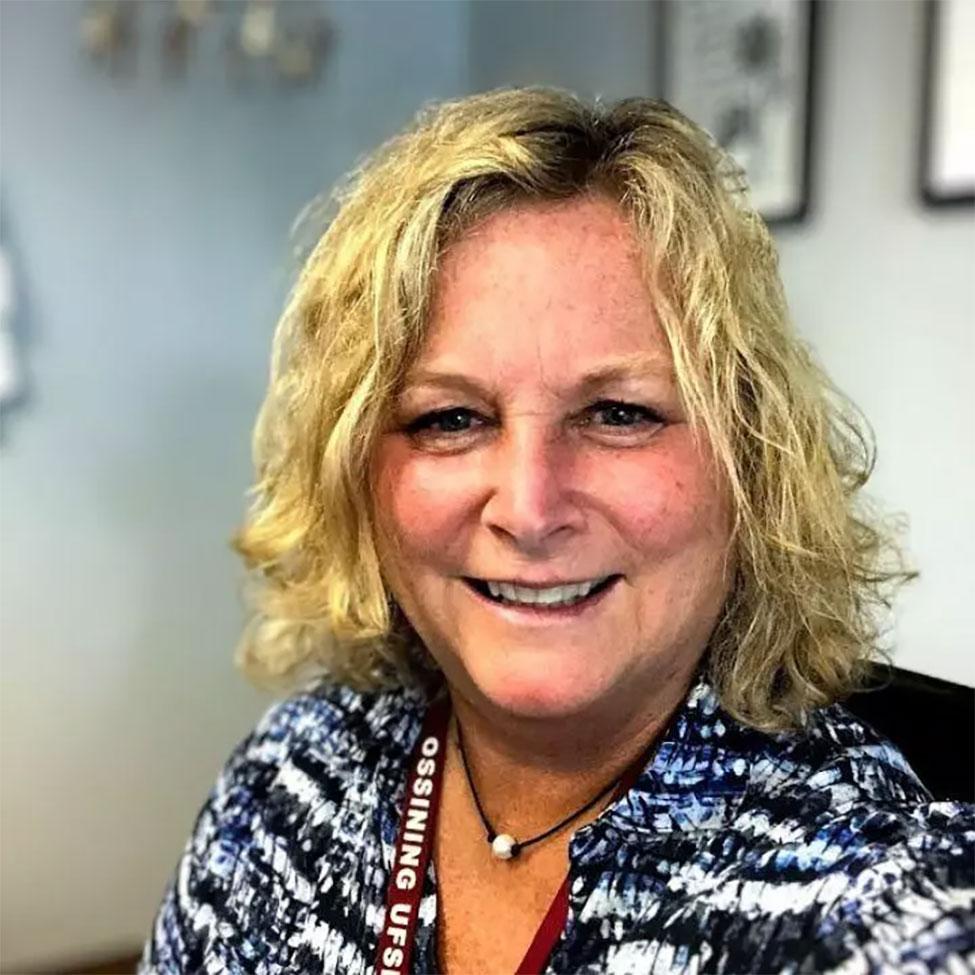
Is It That Easy for Trump to Revoke Visas?
Haub Law Professor and Director of the Immigration Justice Clinic Amelia Wilson tells The Chronicle of Higher Education that nonimmigrant visas remain vulnerable to abrupt revocation, noting agencies have wide discretion and need little justification.
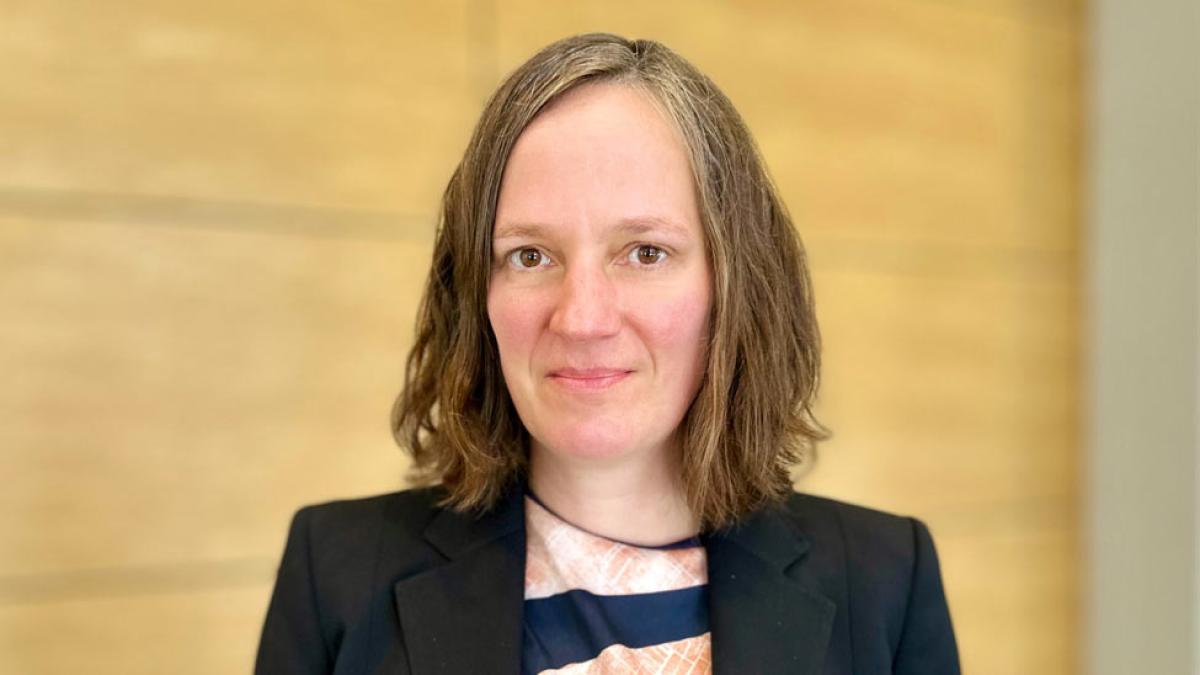
Trump Administration Pushes Deadline For NYC To Kill Congestion Pricing
Haub Law Professor Bennett Gershman weighs in on major national legal debates.
"[The Federal Highway Administration] can't flout the authorization by Congress," Bennett Gershman, a law professor at Pace University, told FOX 5 NY. "Congress has to repeal this law, or they have to work out a plan to implement the law the way they want to, but this is something that Congress has given to the city, the power to do this."
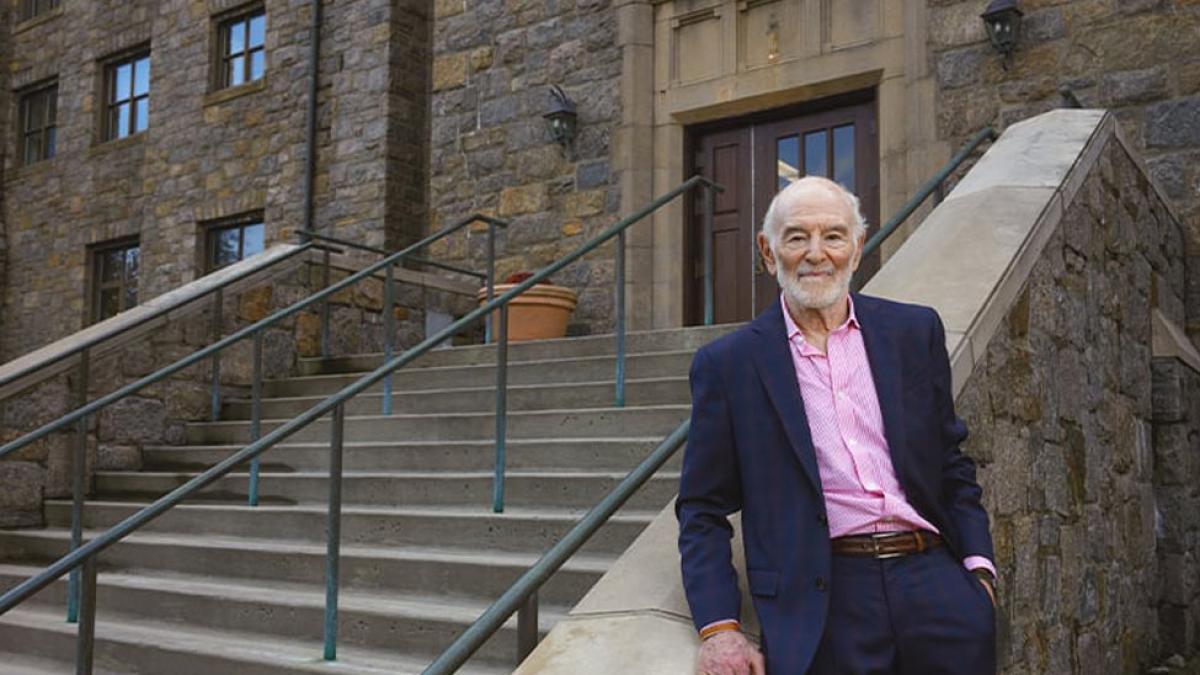
The Trump Signal Leak, That Cringey ‘Fire’ Emoji And The Perils Of Large Group Chats
- Read more about The Trump Signal Leak, That Cringey ‘Fire’ Emoji And The Perils Of Large Group Chats
In USA Today, Dyson Professor Melvin Williams weighs in on the growing legal weight of emojis, cautioning that their meanings—especially in sensitive contexts—should not be underestimated.

With Prison Strike Over, NY State Must End Solitary Confinement
Haub Law Professor Emeritus Michael B. Mushlin gives a powerful call for human rights and prison reform in an article for Bloomberg Law. Following NYC's prison hunger strike, he challenges New York to honor its commitment to end solitary confinement. “The strike serves as a pivotal moment to examine the role of solitary confinement and reconsider the foundational principles and goals of New York’s prison system,” says Professor Mushlin.
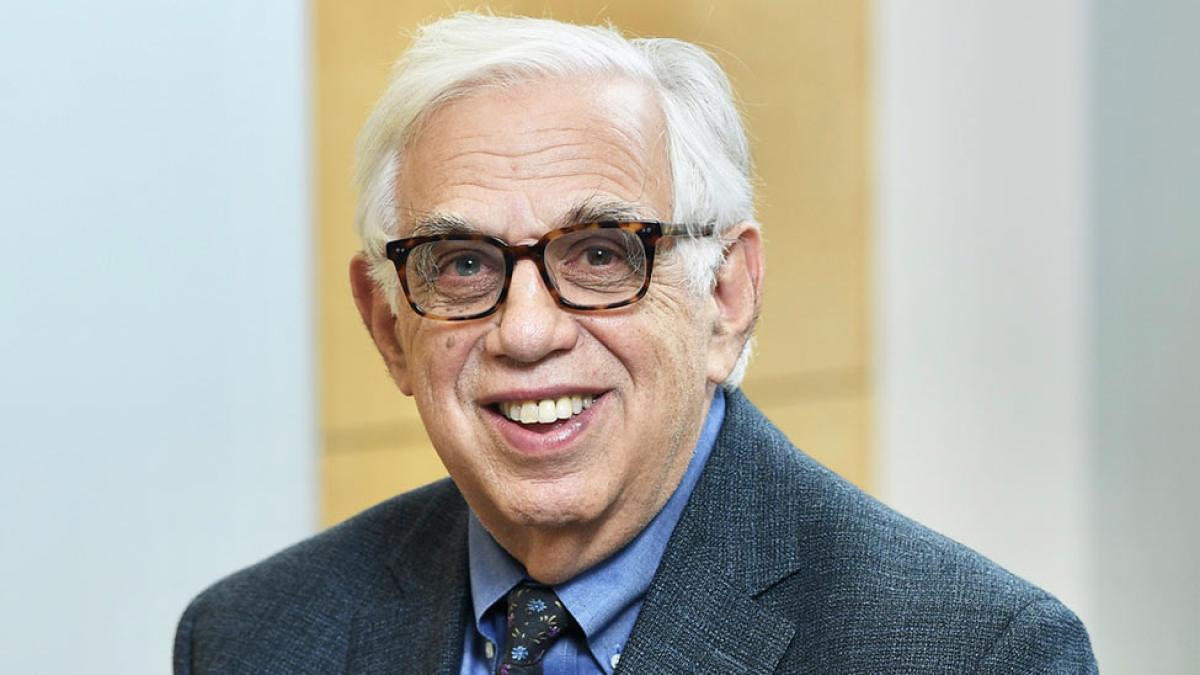
Westchester County Department of Correction Hosts Women's History Month Event
Criminal Justice Professor Kimberly Collica-Cox was recently honored by the Westchester County Department of Correction for her work supporting incarcerated women, Westchester County Government reports.
Alunos De Universidade De Nova Lorque Estão Nos Açores Para Realizar Documentário Sobre A Viola Da Terra
PaceDocs, the University’s award-winning student documentary team, has completed filming in the Azores for their latest project on the viola da terra, a traditional Portuguese instrument. Produced by Dyson College Professors Maria Luskay and Lou Guarneri. The film will premiere in May and be broadcast across Portugal.
Pace to Launch Computer Engineering Degree in Fall 2026
Pace University recently announced the launch of a new BS in Computer Engineering beginning fall 2026, the first of its kind in Westchester County, the Business Council of Westchester reports.
From Blazing Rockets To Blazing Trails: Indian American Community Applauds Sunita Williams
Pace alumna and Public Affairs Fellow Hitasha Nagdeo is featured in News India Times, discussing her journey from graduate school to media intern and how astronaut Sunita Williams inspires her.
An Eye on the Future
When Carrieann Sipos needed to hire great teachers, Pace grads were always at the top of the stack. Now, after a 34-year career in public schools, she’s back—this time as a full-time professor at Pace’s School of Education, preparing the next generation of equity-driven educators.



For students, what happens at Pace may be second only to what comes after college. Carrieann Sipos, a clinical assistant professor at Pace’s School of Education, understands this, too.
Whenever Sipos needed to fill an opening at the Ossining school district, in Westchester County, where she worked for 34 years before becoming a full-time professor, she’d make two piles of resumes on her desk. The first included applicants with degrees from Columbia University, Bank Street College of Education, and Pace.
The second pile? Everyone else.
“Pace students were always among the best hires we made,” said Sipos. “Anyone graduating from the School of Education was incredibly well prepared.”
As a new full-time faculty member, it’s now her job to ensure that Pace’s students remain at the top of the stack.
“My students are ambitious and want to make a difference; I see a lot of my younger self in them.”
“My students are ambitious and want to make a difference; I see a lot of my younger self in them,” said Sipos. “But the teachers I train will be up against very different challenges than what I faced. Take diversity. Ossining, when I began teaching, looked very different from the Ossining of today.”
Sipos tells her students that to thrive as a modern educator, they must become “equity warriors,” committed to embracing diversity in all its forms. She emphasizes the importance of community, student-centered learning, and equity in education.
“To really know what a child needs in a highly diverse classroom, teachers must have a deep relationship with their students,” she said. “It’s that sense of care I hope to instill in my students at Pace.”
From Fieldwork to Dream Work: Lauren Pizzella, Master of Science in Health Informatics Class of 2025
Introducing Lauren Pizzella, recent graduate of the Health Science, BS program. Lauren is now a current student in the Master of Science in Health Informatics program where she has earned a full-time position at Westchester Medical Center, following her fieldwork experience at the same location. We connected with Laurent to get her insight into both programs and learn about the opportunities fieldwork can unlock!
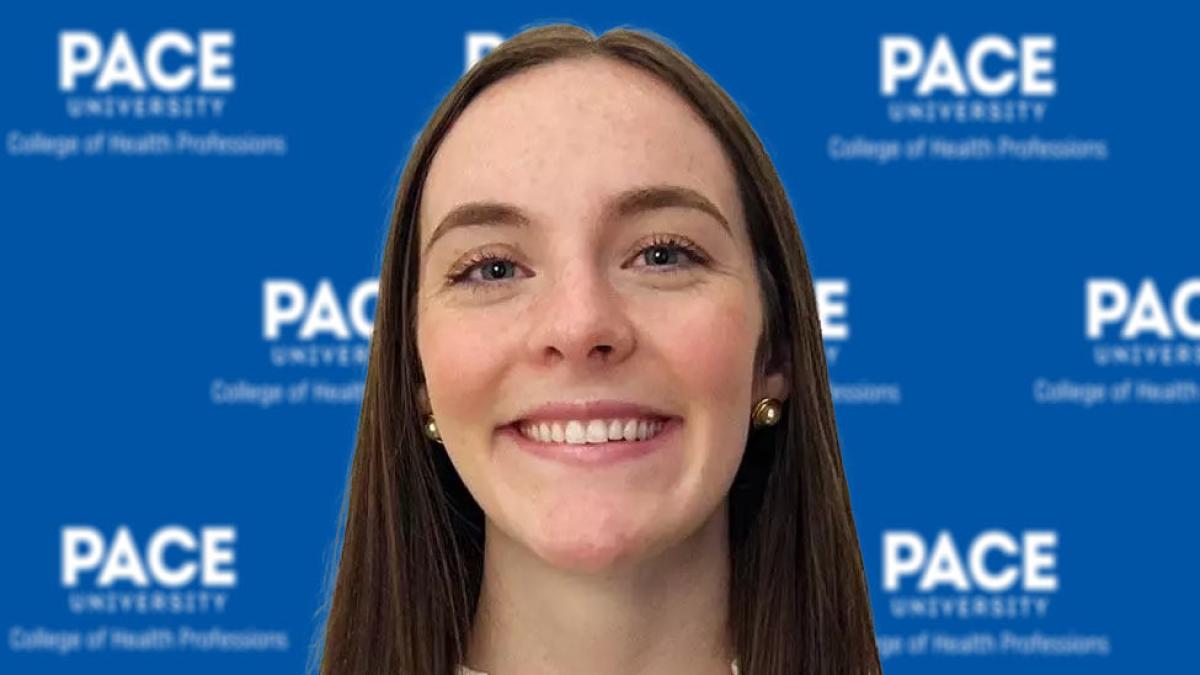
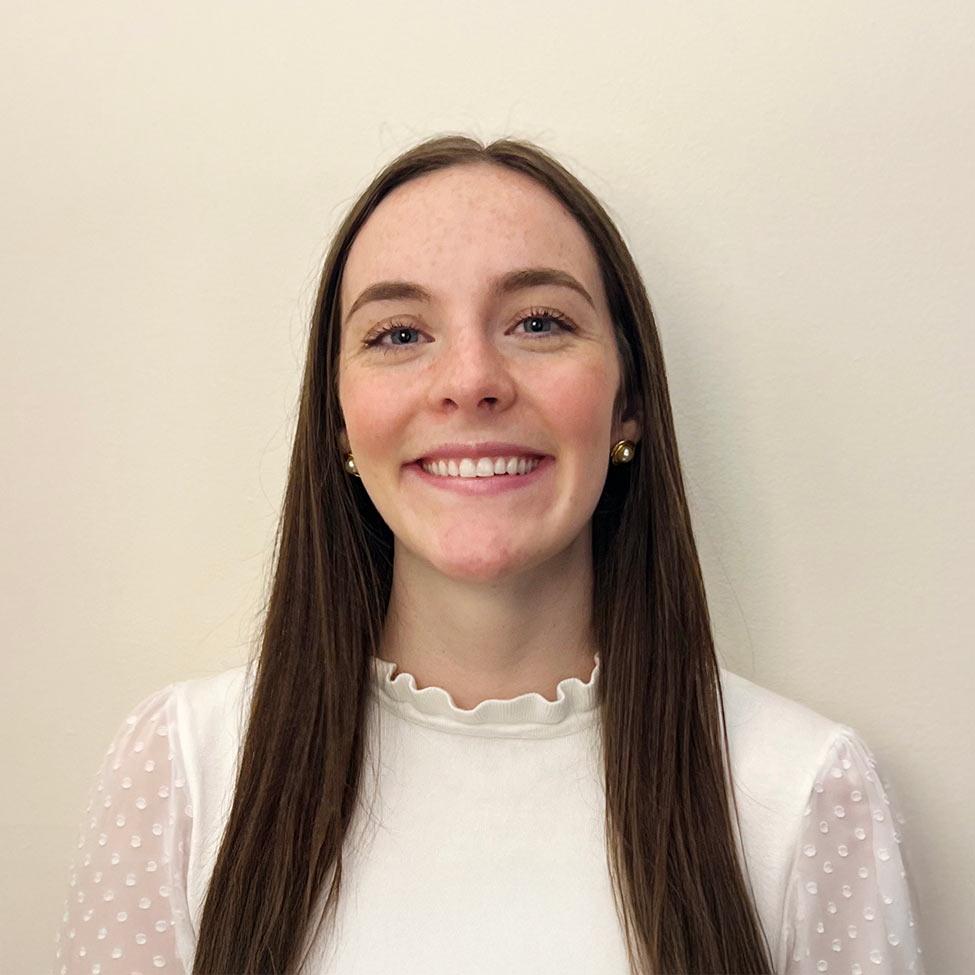
Introducing Lauren Pizzella!
Lauren is a recent graduate of the College of Health Profession’s (CHP) Bachelor of Science, Health Science program. She began her undergraduate career at a school that was over five hours away from her home in Westchester. When COVID-19 hit, she decided to transfer to. Pace University, allowing her to be closer to home and feel more at ease during uncertain times.
The decision to transfer drastically impacted Lauren in more ways than she could have imagined, including a decision to continue advancing her education. Lauren applied to the Master of Science in Health Informatics (MSHI) at Pace and is on track to graduate in May 2025!
We connected with Lauren to learn about her experiences as a dual Pace degree student and the Health Science, BS and Health Informatics, MS programs from her point of view.
Why did you select the Health Science program?
I have always been passionate about health topics and had always seen myself in a healthcare role; however, I wasn’t sure where I’d fit. I do not have the stomach for patient-facing roles but felt I could find a way into the health field that was still impactful and fulfilling for me. The Health Science program opened me up to many classes (health promotion and disease prevention, epidemiology, health IT, and many more) that showed me the different sides of healthcare that weren’t clinical, and because of that, I knew it was the right program for me.
What was your fieldwork like in your undergraduate career?
In my undergrad, I assisted Erica Gollub, DrPH, MPH, professor, with research on an HIV prevention device, specifically for women. This device was not approved by the FDA, despite the impact that it had made in South Africa. I researched the device and gathered literature for Dr. Gollub. Even after completing my field work, I continued to assist her with her research. She carried out a local study and I was able to help with data management, data entry, and survey validation.
Why did you decide to pursue a master's in health informatics?
Spring of 2022 I took an epidemiology course and a statistic course at the same time. I really enjoyed my stats class and taking it alongside the epidemiology course allowed me to see how I can implement what I was learning into the real world.
After talking with my professor, I attended the New York State Public Health Association (NYSPHA) Conference where I was introduced to Denise Tahara, PhD, MPhil, MBA, chair of the Health Science programs at Pace. I expressed my interests to her, and she told me about the MSHI program and thought it would be a great fit for me. After researching the field, I decided to apply to the program.
Do you think Health Informatics is the future of STEM in healthcare?
Yes, absolutely! Health informatics is the foundation of quality improvements, operations, research, and overall decision making in institutions. In addition, many institutions are required to report information for compliance and ranking purposes, which relies heavily on health informatics.
What was your graduate program fieldwork experience like?
In the MSHI program fieldwork, I was a transplant data coordinator intern at Westchester medical center in Valhalla. I frequently helped with audits relating to transplant-specific quality standards established by the United Network of Organ Sharing (UNOS). I assisted with various physician research projects and began the journey of learning new reporting tools such as Tableau and PowerBI.
How has Pace supported you during both of your degree programs?
During my undergrad, my professors were a major support system for me. They were always willing to help, whether it was for academics, or professional advice. For my graduate experience, prior to securing my internship at Westchester Medical Center (WMC), I frequented the Career Services Center where I met with Stewart Ault a career counselor for the College of Health Professions. He helped me professionalize my resume, improve my interview and networking skills, and overall build confidence as a young professional.
Dr. Taraha was a major support through these experiences. Over the years, she continues to frequently check in to see how I am doing and if I am enjoying the program. She is always looking for new opportunities for her students, and really pushes us to be involved and gain valuable experiences.
We heard that you have started to work full time at WMC! What was it like going from a fieldwork placement to a full-time position with the same organization?
Going from a fieldwork placement to working full time at WMC allowed for an easy, comfortable transition. I already had a foundation of transplant knowledge to bring to the table, giving me the ability to pick things up quickly when being assigned to my first project.
Following that, my manager gained an understanding of my skills and abilities, so I was able to become involved in projects earlier than if I hadn’t been here previously. I was able to come in with my established professional relationship, and I was very comfortable in the environment.
Any advice for undergraduate and graduate students?
Don’t feel pressured to have it all figured out, do what you enjoy, connect with your peers and professors, and do not be afraid to step out of your comfort zone! If you follow what makes you happy, the rest will come! We grow through discomfort!
—Lauren Pizzella, Class of 2025
What do you think is important to share with someone interested in joining the MSHI program?
If you are considering MSHI, know it is a great program that truly opens the door for many opportunities. Throughout the program you will be introduced to different areas (e.g. clinical systems, database management, evidence-based research for health informatics) of healthcare that identify the many ways health informatics can make a difference. I am confident that you will obtain a unique set of skills many organizations and employers are eager to find!
Anything else you'd like to share?
Pace University gave me the knowledge, support, and opportunities to be the young professional I am today. I worked as a student in the Organizational Planning, Assessment/ Institutional Research (OPAIR) department as an institutional research analyst for almost three years!
I learned key skills in analytics and research will also fine tuning my soft skills in communication, problem-solving, and critical thinking. This role at Pace allowed me to gain real-world professional work experience with the knowledge, support, and opportunities that served as an additional major contributor to who I am as a young professional today.